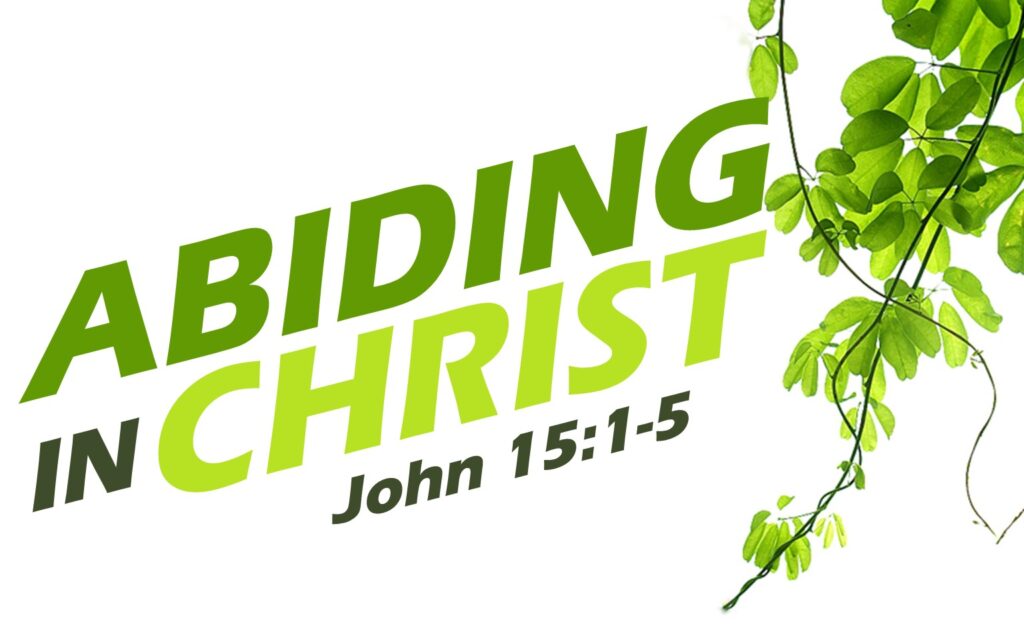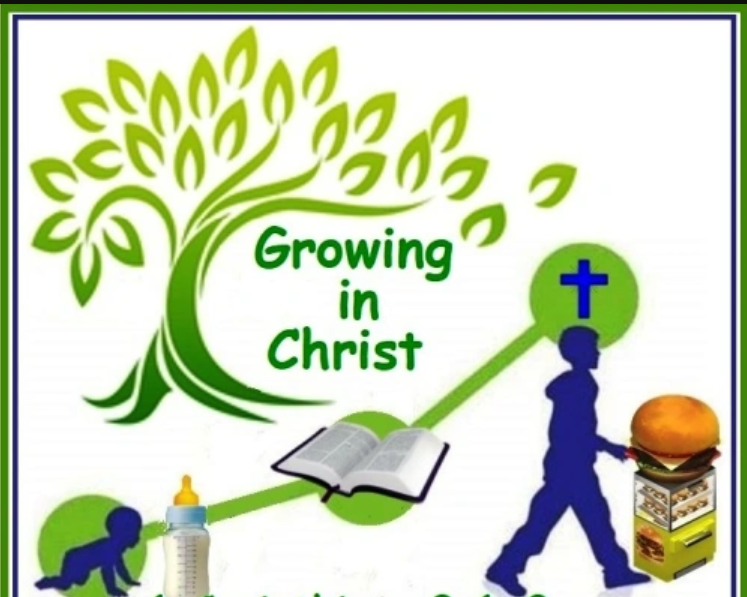

Sermon By Minister Kang’ondo
2nd March 2025
Fruitfulness is in the heart of God. In the season of fruitfulness, we must understand the will of the gardener, that our lives are not meant for us but are meant to bring profit to the kingdom.
We do not have two gardeners but one gardener, who is God in heaven. This gardener is the husbandman, the man with the authority to bring us into fruitfulness.
It is the relationship we have with God that yields intimacy. After having an intimate relationship with the Lord, fruitfulness and productivity comes forth. In the season of fruitfulnes.s, everything that God is positioning us is for our better future and giving us a new life
Key Themes that Relate to Fruitfulness from the Story of Mordecai and Esther.
Fatherhood
- Mordecai was literally a brother to Esther, as he was her cousin, yet he upheld a father figure. In this case, he took Esther as his daughter because he was able to see what God had deposited in her. We should bear the fruit of a father and be intentional in carrying the responsibilities of others. Just like Mordecai, when we bear the fruit of a father, we will have eyes to see what others cannot see. For instance, Mordecai saw the greatness in Esther.
Obedience
- Esther never got so much used to Mordecai. She remained loyal to her father and obeyed him. She had all the reasons to get away with Mordecai, but she rather chose to stay humble. Through her humbleness and obedience, she became the queen.
- In Esther 2:10, Mordecai told Esther not to disclose her identity, and Esther obeyed. Most of the time, it is important for us not to reveal our identity. Just like Esther, we become teachable by walking with a spirit of a mentor and a mentee.
- Walking in obedience enables us to know why God did not allow us to follow some direction. An obedient person is consistent in understanding. Thus, sticking to where the spirit has planted us is essential, and if we must bear fruit, we should be consistent in prayer, walking straight, and walking on the right course.
Pruning
- Whether we are bearing fruit or not, we do not escape the pruning of the father. Pruning denotes trimming a tree. It helps the tree bear fruit and provides a space for the fruit to grow and become larger. On that side, the various things competing with our lives need to be pruned to please the gardener, who is God our Father. God wills us to bear more fruit, which is a continual process. As such, the pruning process is continual, too. That said, it is our mandate to allow the pruning by studying and meditating on the word of God.
- As Psalm 1 depicts, we will be blessed as we walk not in the council of the ungodly, acknowledging that the righteousness of God is our way. Also, meditating on the word both day and night should be our way in this season of fruitfulness.
- There is something inevitable with fruitfulness. As such, if we allow God to work us out, we will indeed become more fruitful (Esther 8:16). When God has brought us into fruitfulness, we will not have any dark traces in our lives. As we walk in fruitfulness, we will enjoy the light of God.
- With regards to Psalm 119:105, the word of God is a lamp unto our feet. The lamp only lights a few meters. Thus, we must always depend on God to lighten our feet at each step. God sees us as people who attract light, and as such, as we walk in fruitfulness, we will cause the name of the Lord to be honored.
- In Esther 10:2, Esther risked her life for the sake of the Jews. She also becomes fruitful by taking on the responsibilities of others. Similarly, we become great and fruitful by seeking the good of the people. Mordecai also became great and was honored because he was seeking the good of the people.
Conclusively, let us acknowledge that a tree will never bear fruit because it has existed for many years but because it has matured. Thus, we must mature up to bear fruits. It is time for us to grow up, mature, and come of age, showing maturity so that we can start being fruitful.

Very good https://lc.cx/xjXBQT
Very good https://lc.cx/xjXBQT
Awesome https://is.gd/N1ikS2
Awesome https://is.gd/N1ikS2
Good https://is.gd/N1ikS2